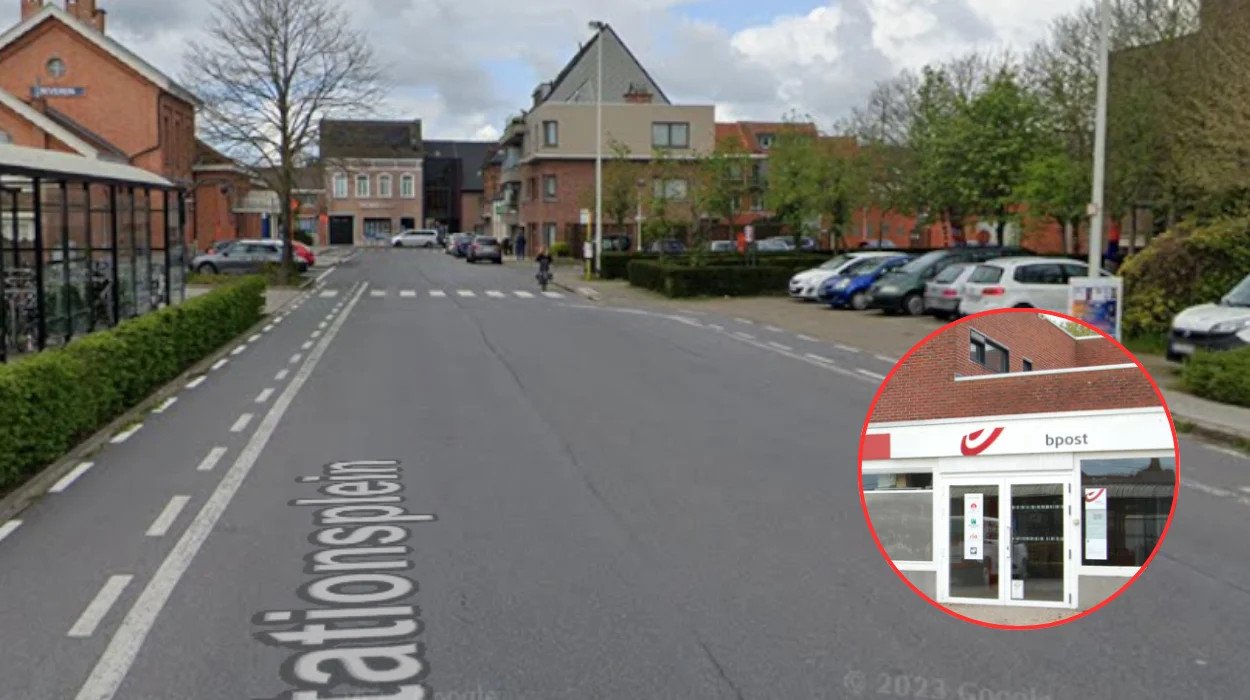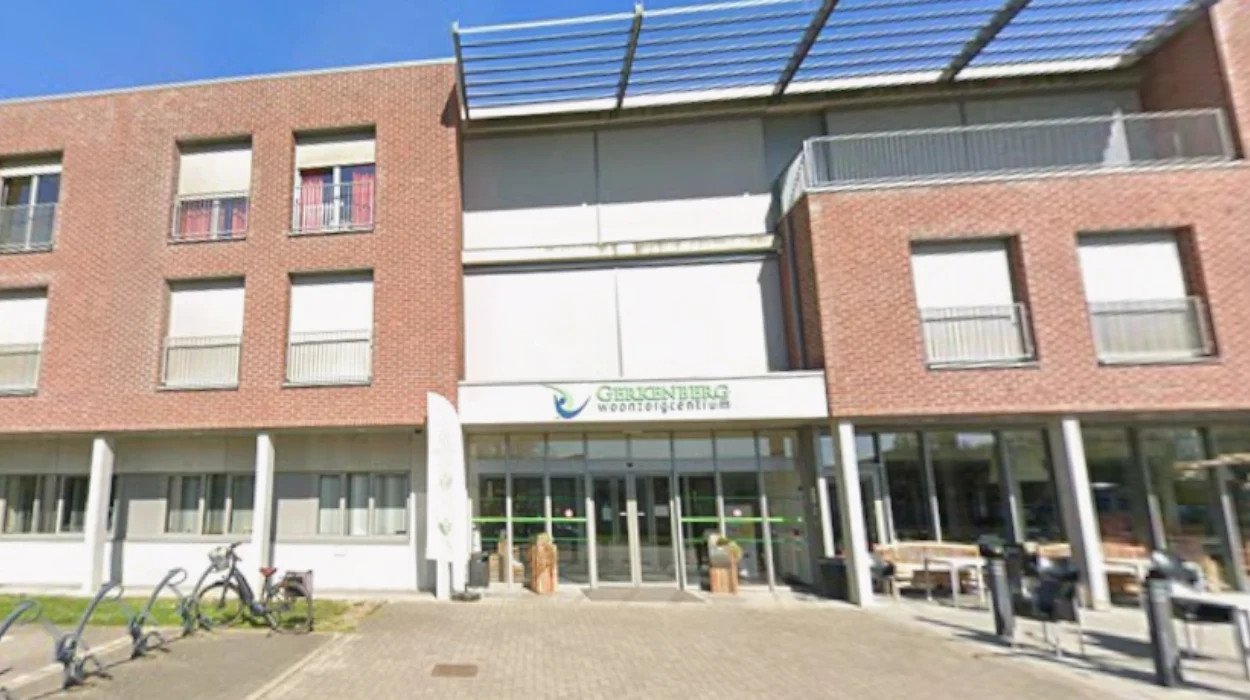Ghent – Approximately 100 activists protested at Ghent University’s UFO building, demanding a boycott of Israel amidst heightened tensions related to the Gaza situation. Rector Petra De Sutter addressed the concerns during the protest, while police managed the demonstration, reporting 24brussels.
As the academic year commenced, protests erupted at Ghent University, marking the beginning with calls from students and staff to terminate ties with Israeli institutions and companies. Activists accused the university of complicity in the ongoing violence in Gaza due to its collaborative relationships.
During the rally, Petra De Sutter formally assumed the role of rector from Rik Van de Walle in a closed-door ceremony, a precaution implemented following last year’s violent protests that marred the university’s opening.
“We want Ghent University to keep its promise. Statements were made about this over a year ago,”
said activist Bas.
“The collaborations will continue. This makes Ghent University de facto complicit in the genocide in Gaza.”
What drives Ghent University protesters to demand an Israel boycott?
The protest also witnessed a counter-demonstration by members of the Nationalistische Studentenvereniging (NSV), a right-wing student group. The NSV attempted to display a banner but was quickly surrounded by activists who were chanting anti-fascist slogans.
After approximately thirty minutes, NSV members left under police direction. Activists insisted that symbolic measures were insufficient, demanding that the university sever all affiliations with Israeli partners.
Rector Petra De Sutter acknowledged the activists’ demands, emphasizing the university’s obligation to address the realities in Gaza. During the opening ceremony, she conveyed the importance of discussing the fear and horror experienced by many affected individuals.
“We are outraged,”
she stated, adding that the university aims to keep the dialogue ongoing and explore avenues to potentially cease cooperation with Israeli institutions.
“We are already going further than all other Flemish universities,”
De Sutter previously emphasized.
“This will be on the agenda of the Board of Directors again.”
De Sutter also inherits the approach of former rector Rik Van de Walle, who maintained that European support is essential for universities to take decisive action. Central to the debate is the European research program, Horizon Europe, which fosters collaboration among universities and research institutions across Europe, including Israel.
Ursula von der Leyen, President of the European Commission, has proposed suspending the agreement as a sanction, which would enable universities to terminate collaborations with Israeli partners without risking funding losses or contractual breaches. However, no consensus currently exists among EU member states.
Since the onset of the war in Gaza in October 2023, opposition to collaboration with Israeli institutions has intensified at Ghent University. By November 2023, hundreds of students and staff had signed petitions advocating for a comprehensive academic boycott, leading to subsequent protests that disrupted university activities.
Escalating tensions in September 2024 culminated in clashes that interrupted the official opening of the academic year, leaving the issue of Israeli collaboration a persistent topic on Belgian campuses, while EU institutions in Brussels continue to grapple with the lack of agreement on sanctions against Israel.










